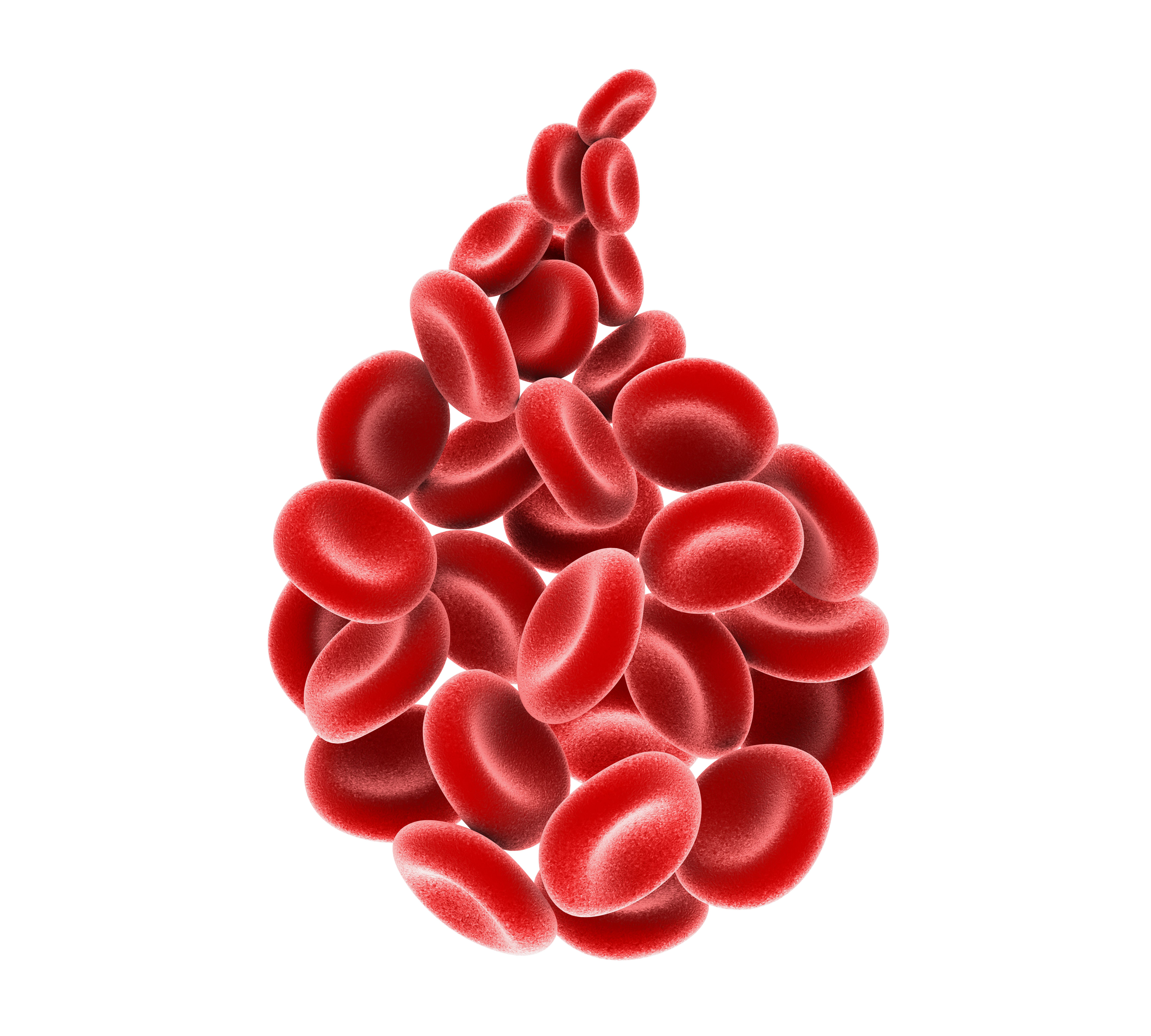Trial of Novel Hypomethylating for MDS Doses First Patient
The trial is designed to evaluate eltanexor monotherapy in high-risk MDS. It is recruiting in 8 separate states.

The first patient has been dosed in the phase 2 expansion cohort of the ongoing phase 1/2 trial of eltanexor (KPT-8602) as a monotherapy in patients with hypomethylating agents (HMAs) refractory, intermediate or high-risk myelodysplastic syndrome (MDS), according to a press release by Karyopharm Therapeutics Inc.1
Eltanexor is an oral, selective Inhibitor of nuclear export compound. It is designed to be used as a monotherapy or in combination with other investigational or approved agents. It operates by binding to and inhibiting the nuclear export protein, XPO1. This leads to an accumulation of tumor suppressor proteins in the cell nucleus. Preclinical studies have found that the agent has a broad therapeutic window with minimal penetration of the blood-brain barrier.
"MDS is a group of diseases characterized by ineffective production of the components of the blood due to poor bone marrow function, leading to a high risk of transformation into acute leukemia. HMAs are the current standard of care for patients with newly diagnosed, higher-risk MDS, however only 40-60% patients respond, with these responses typically lasting less than two years. As such, prognosis in HMA refractory disease is poor, with a median overall survival of four to six months. With no agents currently approved for primary HMA refractory MDS, the need for novel, efficacious agents is critical. Based on the promising signal observed in the prior Phase 1 study, we are pleased to initiate dosing in the phase 2 expansion and look forward to updating you on the progress of this important study in the future," said Sharon Shacham, PhD, MBA, co-founder and chief scientific officer of Karyopharm, in a press release.
The phase 2 expansion of the study (NCT02649790) is designed to look at eltanexor as a monotherapy in patients with HMA refractory MDS. The study as a whole is looking at the agent as both a monotherapy and in combination with other agents in patients with several types of both hematologic and solid tumors. The non-randomized, open-label study has an estimated enrollment of 119 participants and an estimated study completion date of August 2024. The primary end point of the phase 2 expansion is overall response rate (ORR). Secondary end points include progression-free survival and overall survival (OS).2
During phase 2, patients will receive eltanexor once daily on days 1 to 5 each week at the starting dose established in phase 1.
In the HMA refractory MDS cohort in phase 1, the ORR was 53%, with a median OS of 9.9 months. The recommended phase 2 dose of eltanexor monotherapy was set at 10 mg. In terms of safety, the agent was found to be well tolerated, with a low incidence and grade of gastrointestinal adverse events. However, between 20% and 40% of patients experienced an exacerbation of cytopenias.
In order to participate, patients must be 18 years of age or older, must not be transfusion dependent, and have documented MDS with 5-19% myeloblasts.
Patients who have received major surgery within 4 weeks of first dose, have impaired cardiac function, active graft versus host disease, have received any anti-cancer therapy within 2 weeks prior to screening, or have higher-risk MDS are not eligible to participate.
The study is currently recruiting in California, Florida, New Jersey, New York, Ohio, Pennsylvania, Tennessee, and Texas.